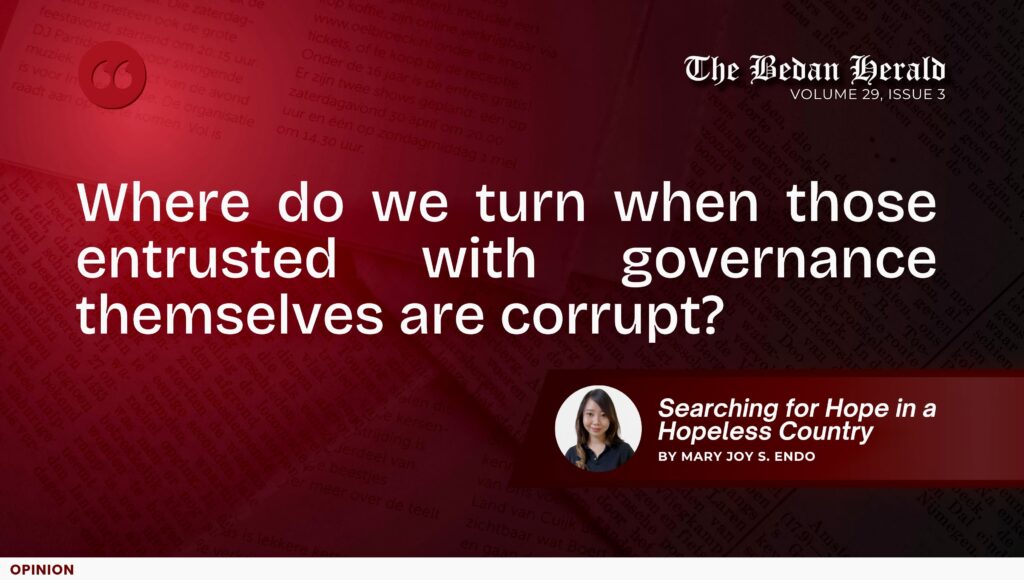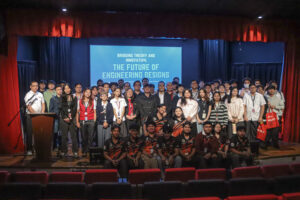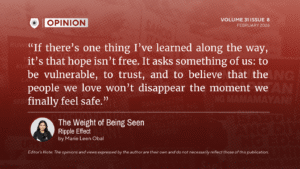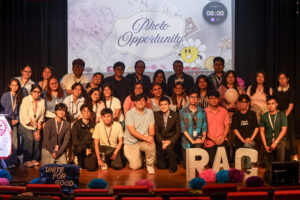By Mary Endo | February 23, 2024
Searching for Hope in a Hopeless Country
CORRUPTION or the "misuse of public power for private profit" truncates resource allocation and hampers the availability of vital services to marginalized societies: this also undermines people's confidence or lack of it in the government's inclination toward public welfare. This has been a long-standing problem in the Philippines. But one begs the question: How long will this persist?
On the one hand, the Philippines improved its score by a point. Still, among countries in the Asia-Pacific, it remains at the bottom of the ladder according to Transparency International's Corruption Perception Index (CPI) for 2023. The recent release of the 2023 CPI shows that the Philippines scored 34 out of 100, higher than 33 points recorded in last year's report but still lower than the global average of 43. With such figures, for Filipinos like us, it is not something new to hear.
Since the independence of the country, corruption in the Philippines has been an intractable issue. Corruption is displayed in diverse sectors within Philippine society, from exploitative tendencies of colonial times to post-independence systems entrenched with paternalism. Cronyism and embezzlement were some of the features that signify a kleptocratic culture fostered by Marcos' dictatorship. Nevertheless, corruption remained endemic even after Marcos was deposed in 1986, making it impossible to advance clear governance structures.
Consequently, successive administrations have grappled with graft, bribery, and nepotism allegations, which hinder economic growth and erode public trust in institutions. Notwithstanding the implementation of anti-corruption measures, the enforcement could be more vigorous while political will is lacking alongside vested interest groups, which have stalled progress. Corruption, therefore, remains a major stumbling block towards achieving democratic aspirations and socioeconomic development in the Philippines, thereby necessitating sustained efforts for its removal.
As corruption continues to permeate every aspect of Filipino life, citizens are left brawling with the notion: Where do we turn when those entrusted with governance themselves are corrupt? The pervasiveness of this issue begs for hope, suggesting that 'change' may be possible. Yet, progress still needs to be made. The Philippines can only break its chains of corruption if it continually advocates for changes, puts forward genuine reforms, and resolutely upholds integrity. From ordinary Filipinos to government officials, we should demand accountability, transparency, and ethical leadership together.
During our Public Administration class, we had a discussion regarding corruption, explaining that from the microcosm of individual behavior to the macrocosm of governmental structures, corruption exerts its toxic influence. 'Are we really hopeless? Is electing a sensible leader the perfect aid?' We collectively arrived at the realization that: Hope shouldn't be a person, but a society.
The road ahead may be relentless, but the fight against corruption is a battle worth waging. It is a battle not just for the present generation but for the future of every Filipino. Let us not resign ourselves to the status quo, but rather, stand together in solidarity, united in our pursuit of the Philippines, where honesty, accountability, and justice reign will prevail.
Volume 29 | Issue 3




